Pathways to permanency
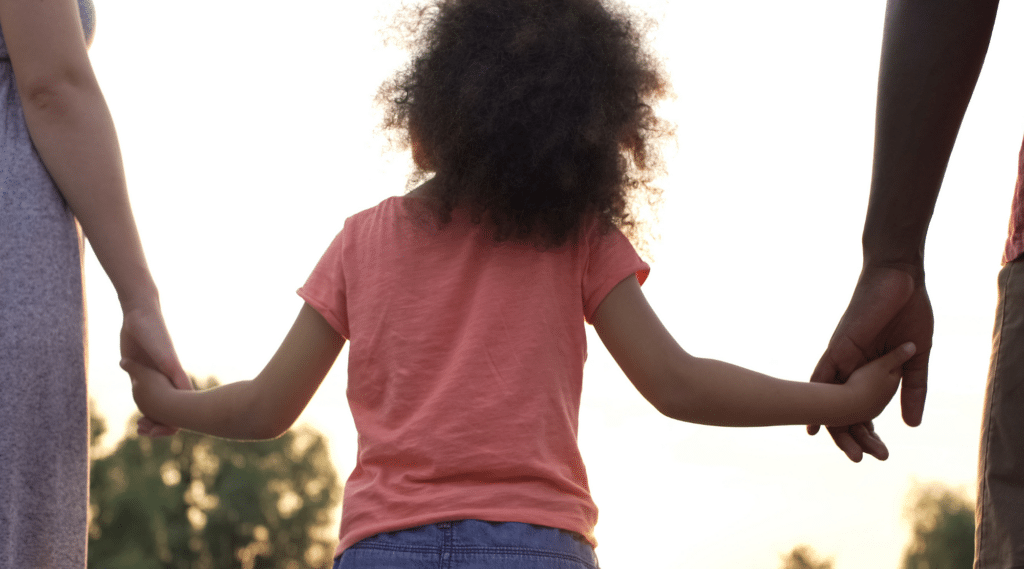
Learn about the meaning of permanency, and different ways of creating it for children and youth. The term “permanency” means different things to different people. Within the context of child welfare, permanency includes a concept called the Four Dimensions of Permanence, which are relational, cultural, physical and legal permanency. This video reviews each dimension of […]
Ask the expert: Trauma-informed care

Rebekah Craig, former Education Manager at the Belonging Network, sat down with Registered Clinical Counsellor Carrie DeJong to discuss trauma-informed care. You can also view the full video of the interview here. Why it is important to consider someone’s past that may have had exposure to trauma? Trauma produces a lot of emotional, behavioural, or […]
Predictable adjustments
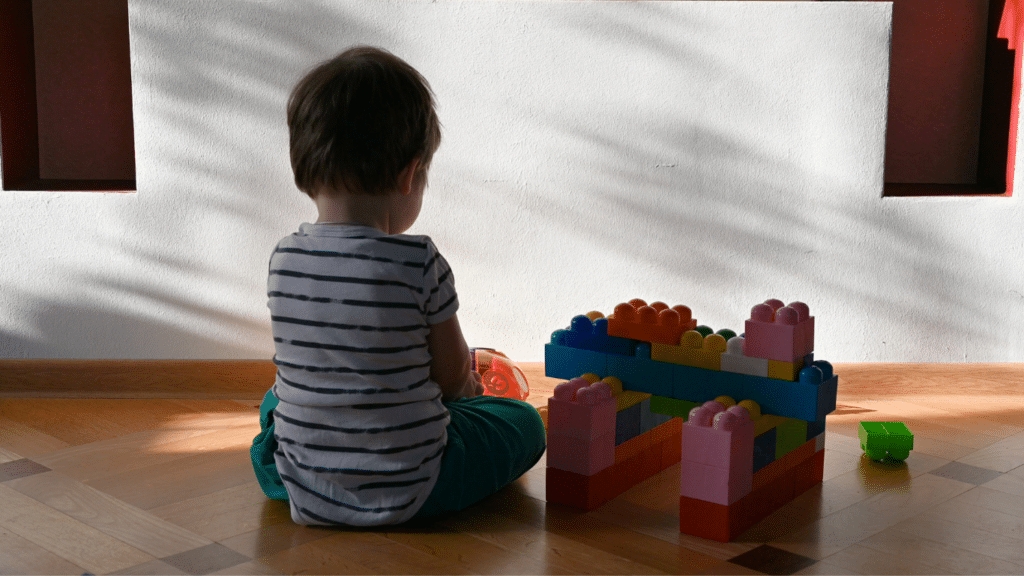
It is common for children who have spent time in care to release their feelings of grief and loss when they feel they are in a safe place. When the child begins to release these feelings the family will begin to feel it in the household. This feeling is referred to as inducement, you will […]
Families with Children from China BC
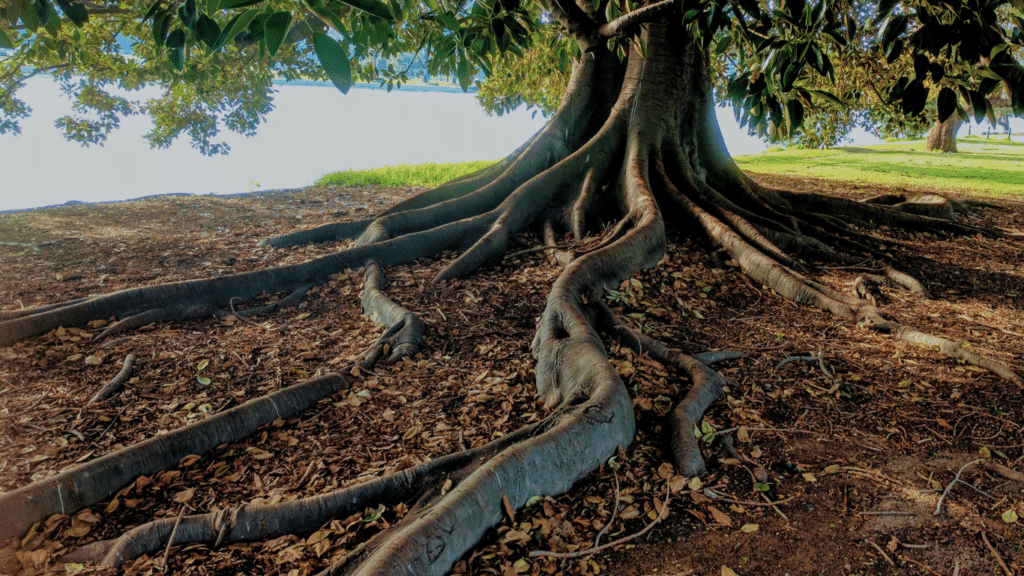
Families with Children from China BC supports families throughout British Columbia who have adopted from China. In this article, FCCBC co-chair Sheila shares more about their story and how you can get involved. Tell us a little bit about FCCBC FCCBC was founded more than 20 years ago by David Robinson and John Bowen, two […]
4 steps to effective advocacy
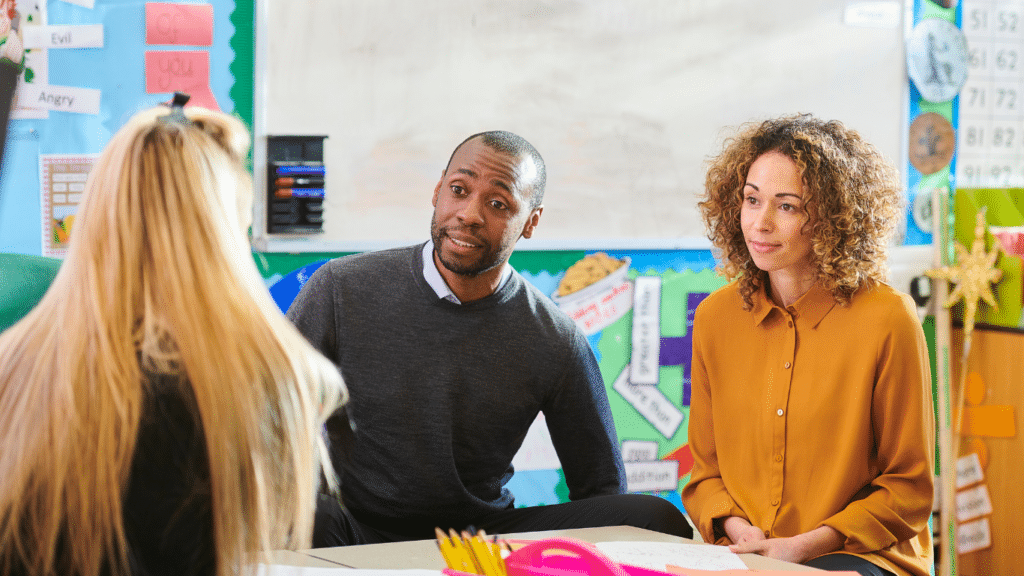
Advocating for your child’s needs at school is a key part of an adoptive parent’s “job description.” In this article, teacher and parent Alison Wagler shares her tips on how to work with the school as an ally, not an adversary. One memorable Halloween at the school where I teach, a parent kindly offered to […]
Canadians and adoption: New study reveals what we really think
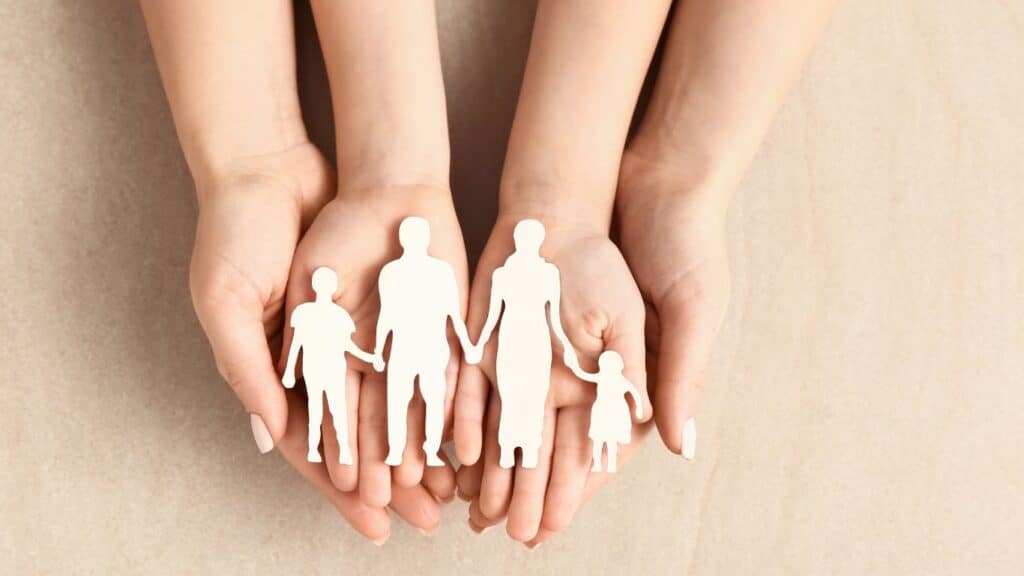
In 2017, the Dave Thomas Foundation for Adoption released a ground-breaking new study of Canadian attitudes and behaviours towards adoption and foster care. The comprehensive document is packed with research and insights, but since it’s also almost 80 pages long, we’ve put together this brief overview of its key findings. Canada loves adoption Awareness of […]
Somatic therapy: A new approach to adoption trauma

For more than 25 years, Catherine has worked in and with the adoption community as a therapist, an adoptee, and an adoptive mom, always searching for a truly effective approach to adoption therapy. In this article, she explains an approach that she’s found to be highly effective for issues related to adoption trauma. The lasting […]
Adoption-friendly family trees
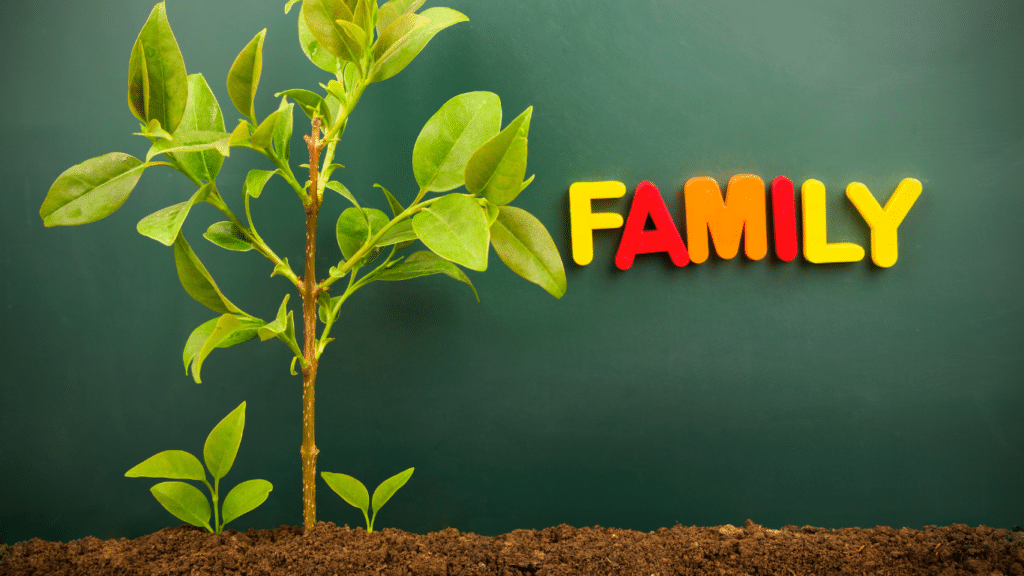
At some point, almost every child will have to tackle a family tree school project. Classic family tree assignments assume every kid comes from an intact biological family with one mom and one dad, which can leave adopted kids feeling confused, left out, and sad. These alternative family trees welcome kids from all families to […]
Shame and the adopted child
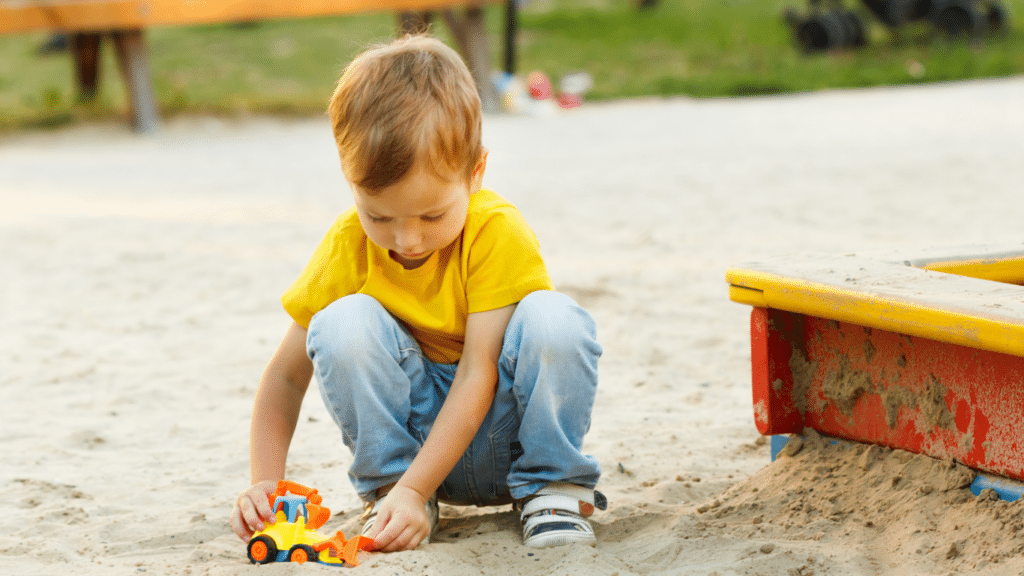
Catherine is the co-founder of the non-profit organization We Are Adopted/Adoptees Association. In this article she draws on her personal experience as an adoptee and an adoptive mother as well as her professional experience as a registered clinical counsellor to explain why shame and adoption are so intertwined. Shadowed by shame Shame is something that […]
Caring for Indigenous families

The Indigenous Perspectives Society (IPS), formerly Caring for First Nations Children Society, is a registered charitable non-profit founded in 1994. IPS has played a significant role in the delivery of training and policy development in the Indigenous child welfare field. We interviewed IPS staff about their recent move into providing support and training to caregivers […]
DNA testing 101
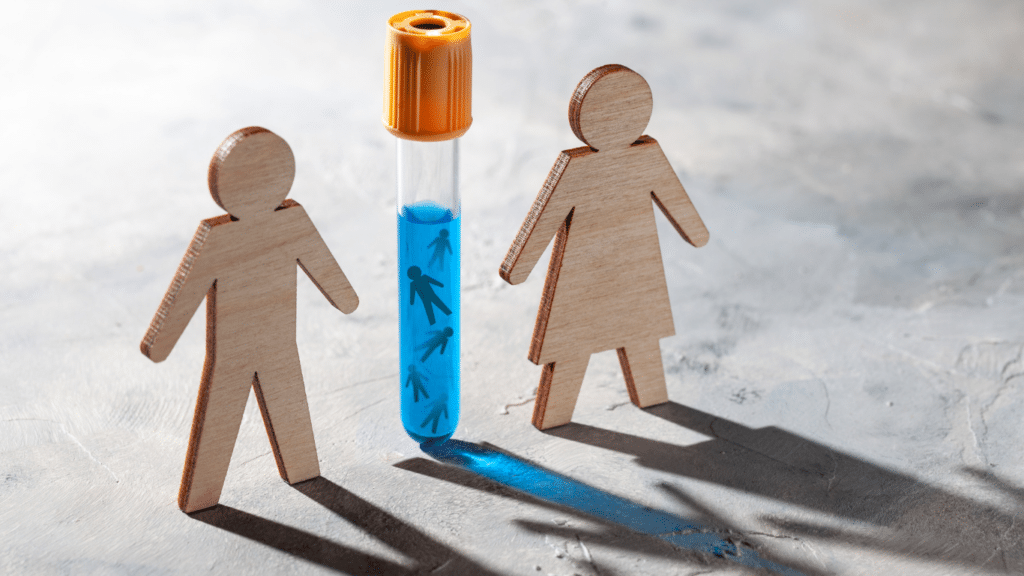
Explore the promises and pitfalls of DNA testing and adoption. In this video, you’ll learn how to use consumer DNA tests to find your ethnic origins and biological relatives. It will also prepare you for unexpected discoveries, teach you how to protect your privacy, and explain why closed adoptions are effectively a thing of the […]
Trauma matters

Advice from a counsellor on how to recognize and help wounded children and youth. Trauma: adoption’s shadow Many children and youth who are adopted have been exposed to highly stressful situations and traumatic events; however, the resulting special needs these children can experience aren’t always recognized or supported. It’s vital for caregivers and professionals to […]
Beyond the attitude: Teens and tweens adoption

This video offers an overview of the adoption process, the unique attributes of teens & tweens, and descriptions of some of BC’s youth in care. Are you interested in adopting a teen or a tween? Watch this video to learn about the adoption process, the attributes of teens and tweens, the myths and truths, the qualities […]
Finding family online

All over the world, people are using the Internet to seek out information about their roots. It’s now the norm for adoptees and birthparents to use social media to search for missing pieces of their biological puzzle without any need for detectives, red tape, agencies, or intermediaries. Things have changed so fast that parents, educators, […]
Occupational therapy for adoptive families
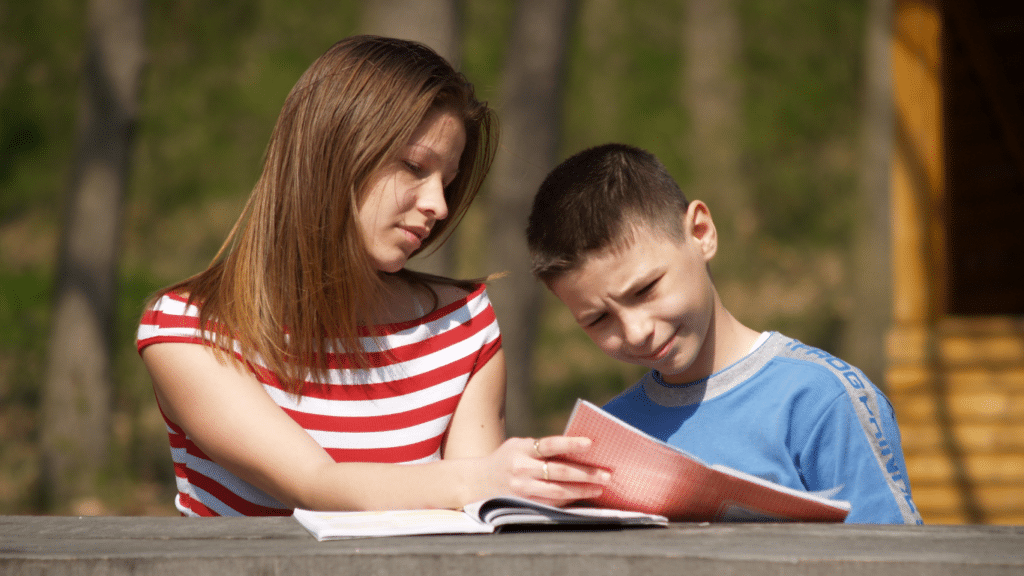
Find out how an Occupational Therapist can help you build your adoptive family in this informational video. Drawing on your community’s resources is a great way to build a resilient adoptive family. In this one-hour video, learn how an Occupational Therapist can help you! Topics covered will be: areas in which an OT can help […]
Identity Matters
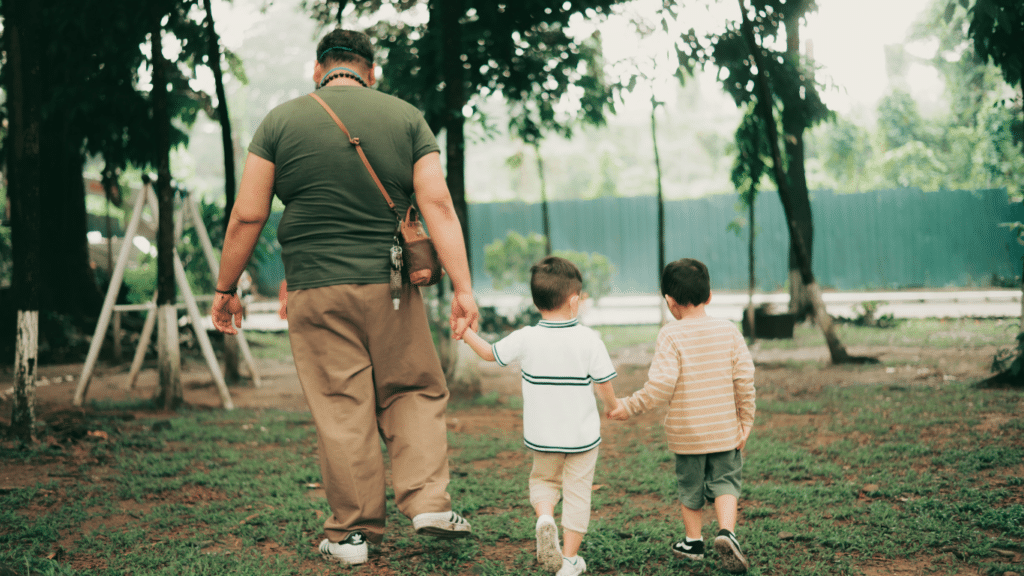
Receive practical and concrete suggestions on how to help your child develop a healthy and positive racial and cultural identity. Identity Matters is a two-part video series that discusses how to create and/or maintain a positive racial and cultural identity for your adoptive child and cross cultural family. This workshop provides indepth information to help you better understand […]
Love me, feed me: part two

Most folks who work with kids and food begin with a question: “What to feed?” There are countless articles and books about how to disguise veggies or sneak in more protein. But without steps one and two in place (the “how” of feeding, or the “feeding relationship”–see “Love Me, Feed Me” part one), step three is […]
Ask the expert: Drug and alcohol exposure

Jan Radford is a Registered Nurse with over 30 years of experience working with children as a clinician, administrator, researcher and educator. She worked with substance-exposed infants and children for many years as a Clinical Nurse Specialist at Sunny Hill Health Centre for Children and in Vancouver’s Downtown Eastside. In her recent “semi-retirement” she has […]
Caring for Indigenous children
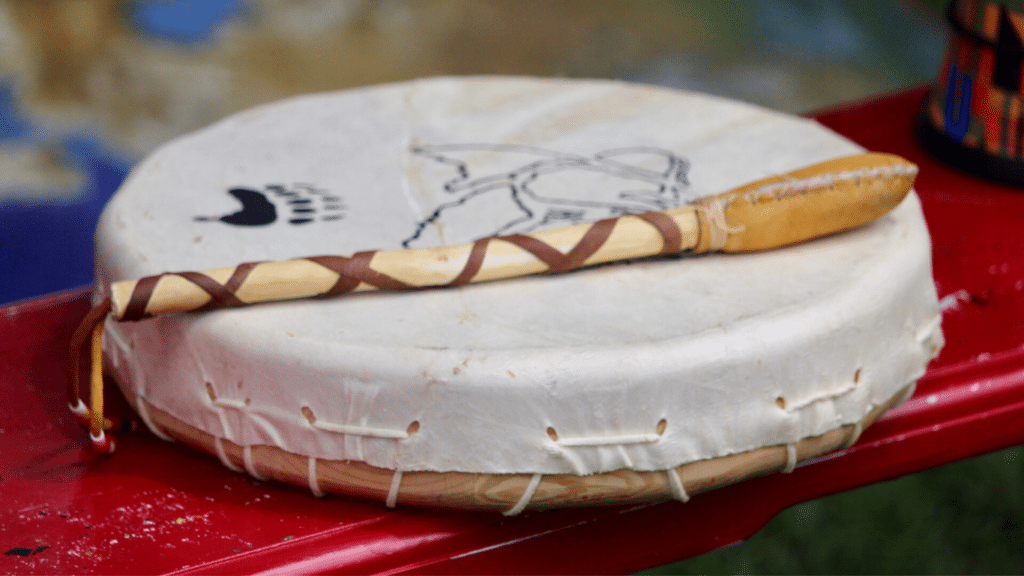
Hn’ skʷést Npànkìtc a (My traditional name is Npànkìtc a) and my English name is Loren Sahara. Nłeʔkepmxkn Scw̓éxmxkn ncéweʔ (I am from the Nłeʔkepmx Nation – people of the creeks). As an Indigenous person, a Caring for First Nations Children Society (CFNCS) instructor, and an adoptive parent, I have been witness to a powerful journey of […]
Adoption and classroom success

Circumstances prior to adoption often cause adopted children to experience school, among other things, in a different framework than other kids. Orphanage care, foster care or prenatal exposure are all events that can affect behavior as a child grows. This video presents tips and strategies on how to help your child be more successful at […]
Love me, feed me: part one
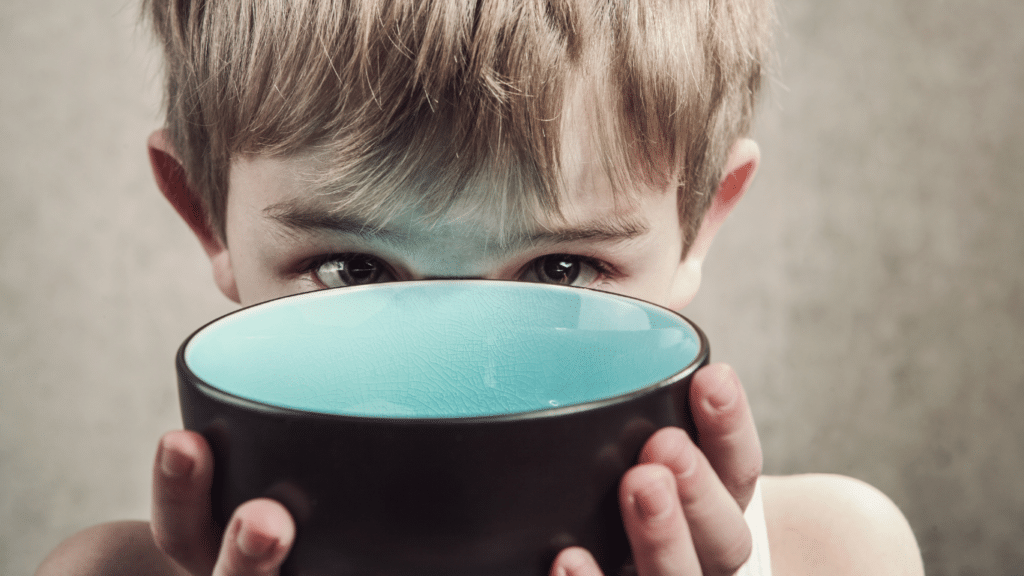
Feeding and attachment The attachment cycle is fulfilled by meeting a child’s physical and emotional needs — feeling hunger, needing attention, being wet or cold — over and over again. Feeding is one of the most reliable and obvious opportunities to help a child feel safe and cared for, and to build trust, whether you […]
The truth about confabulation
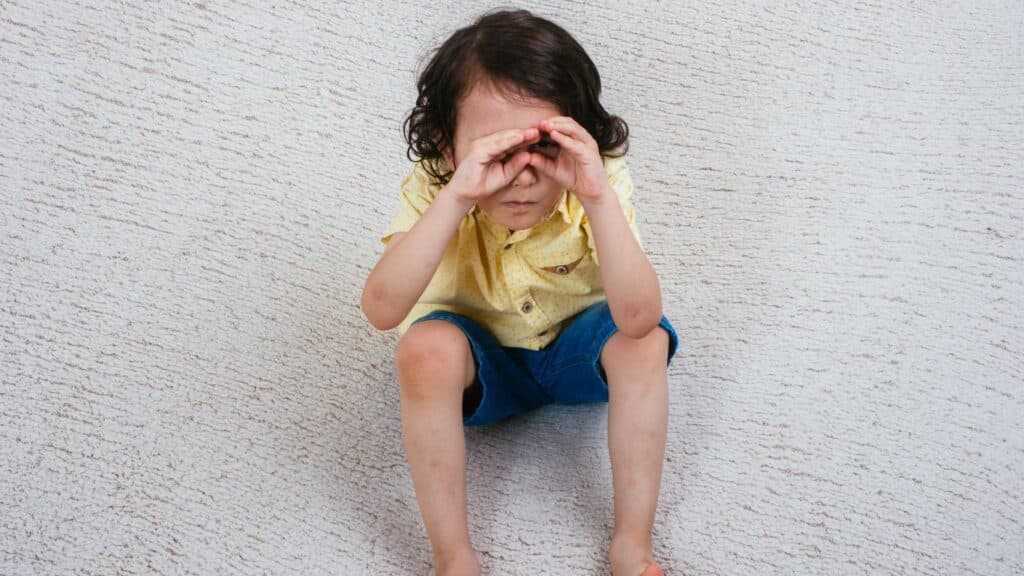
Is it lying? No, it’s confabulation and there’s a big difference! Time and time again we hear from adoptive parents that one of the hardest behaviours to take is children lying to them. They experience the lie as a personal affront, a show of disrespect, and a harbinger of anti-social behaviour to come. There are […]
Help your child: Focus on strengths

Tara Webber, Registered Clinical Counsellor and adoptive mom, provides her tips on building a struggling child’s self-esteem. If you ask children what they do well, there is usually a long pause as they search for an answer. Ask them what they don’t do well, and they have an instant list. When I was working as […]
When emotional development is delayed

Your adopted child’s early life experiences may have caused a delay in their emotional development. Child and family counsellor and behaviourist, Carol Olafson, explains how paying attention to emotional development can help you and your child. Emotional development is thought to be one of the most important factors in individuals being able to function well […]
Why Romania has stopped adoptions
The permanent ban on adoption from Romania highlights the political nature of international adoption. Romania is a country from which many Canadians adopted throughout the 90s to 2001, when the government brought a moratorium into effect. The Romanian government has faced pressure from all sides, from countries whose citizens are eager to adopt, and from […]
Know the risks: Adopting an institutionalized child
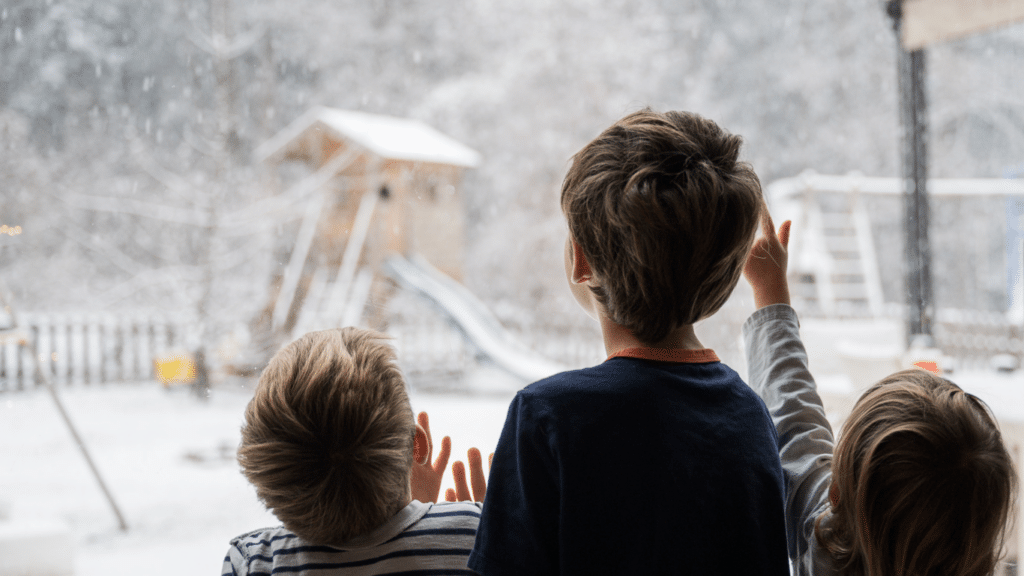
The most difficult area in adoption medicine is predicting the needs of children adopted from orphanages. We are only beginning to understand how these kids are doing. Studies have been too few to say with certainty what percentage is normal (even if we could define “normal”). Also, the situation changes with time. Some children resolve […]
Helping children cope with and understand abandonment
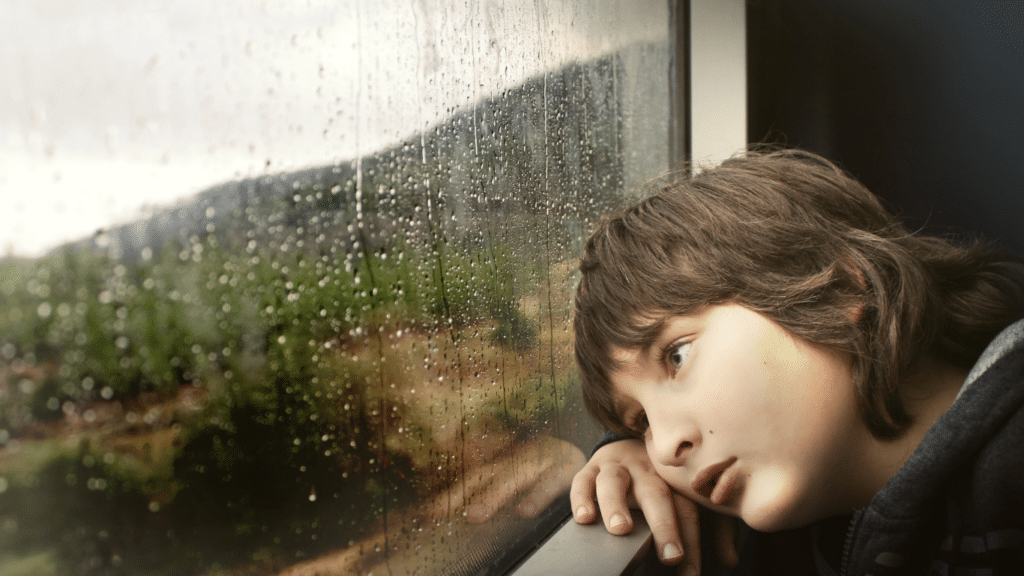
We know that the stress of growing within a mother who is considering whether she will be able to raise the child she is carrying affects the developing brain of the fetus. Primed to connect on an unmistakably profound level at birth, the newborn or older baby or child, regardless of the excellence of the care […]
Adopting a child with a risk of schizophrenia
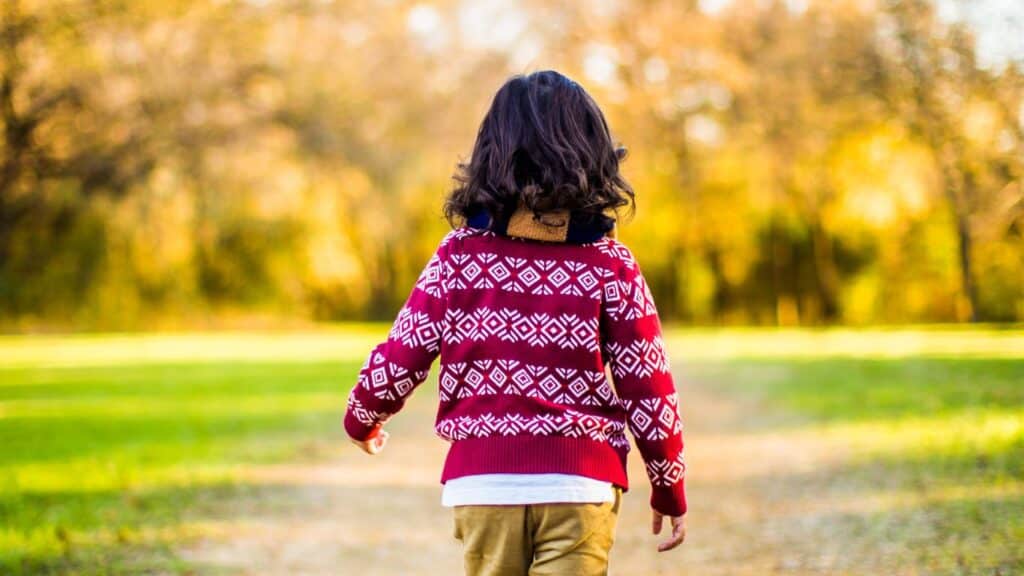
Of the 650 children available for adoption through the Ministry, roughly 15 to 20 percent have a genetic psychiatric risk of mental illness such as a mental disability, schizophrenia, manic depression, or a personality disorder. In December, 2001, 77 children (or 16.5 %) carried this risk. Few applicants are interested in adopting children with a […]
